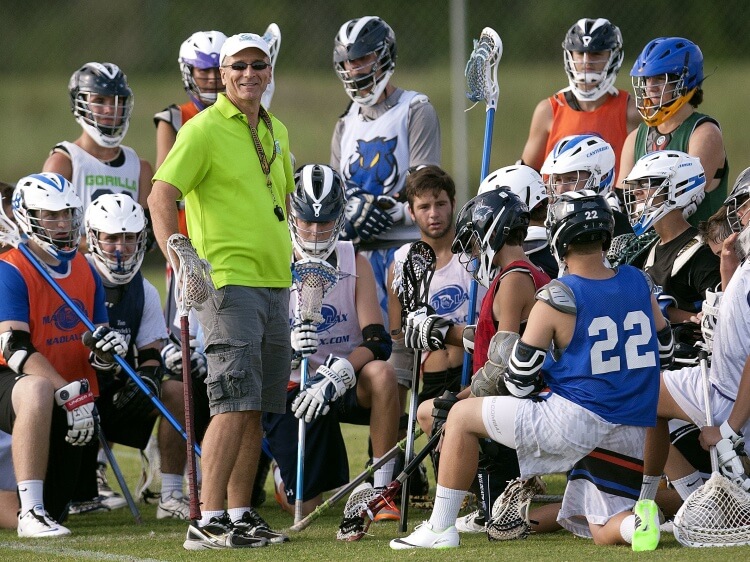For the past five years beginning in May of 2011, I’ve been writing a series on Psychological Skills Training for pelinks4u.org (now pheamerica). I’ve shared ideas about how to train athletes and coaches to be mentally tough.
This past fall I took a sabbatical from my university teaching job and worked full-time with our school’s athletic coaches and athletes. In trying to assist coaches and athletes improve their mental toughness I applied a lot of what I’d written. In this essay I’m going to share some of the lessons I learned.

Lessons Learned
Coaches are highly receptive to learning more about mental toughness
It probably helped that after 24 years of being at the university, all of the coaches knew my reputation as a teacher. Many had interacted with me before on some level and trusted that I had their best interests at heart. However, I also think that coaches are open to whatever might give them an edge in competition. The result was that when I offered to spend every morning during the first week of August in mental toughness seminars with them, all coaches who weren’t already committed to a job, camp or vacation signed up for the sessions.
Coaches aren’t afraid to question what they’ve been doing when challenged
Here’s an example: During a session we were discussing how athletes respond to being taken out of competition right after they have made a mistake. Often a “sub” goes into the game, makes a mistake and the coach pulls the sub right out, having expected the “sub” to be perfect when he or she wasn’t even as skilled as the starter! Immediately one of the coaches exclaimed, “I do that!” The coach realized how foolish it was to expect a player who wasn’t even a starter to perform more flawlessly than a starter, as well as how both players would start to play scared in order “not to make a mistake.”
Coaches who have been in the profession for decades (old dogs) can learn (new tricks)
As we worked on various mental toughness skills, several experienced coaches self-disclosed areas of weakness and voiced a desire to do the skills better. Only one coach seemed to be checking out, more frustrated with coaching then energized for a new season. This was a challenge. As the coach spoke negatively and blamed others, I asked, “What can you control in that situation?”
College coaches are now experiencing frustration with parents
In the past, parents rarely interfered with college coaches. This is no longer the case. Some parents are now “riding along” with their children to college either because of the parents’ own initiative or in response to their children passing along problems for their parents to solve. This stressor for coaches is exacerbated if the athletic director does not handle a parent effectively and is not supportive of the coach. The communication session we held on preparing for a confrontation was well received by coaches.
The coach/athlete relationship is critical for individual and team cohesion and success, especially with females.I don’t have research evidence to support this, but it seemed to me that if a female athlete, with either a female or male coach, had a problem with her relationship with her coach, her athletic performance usually suffered. Individual athletes, captains and groups of athletes approached me with issues with their coach. In response we made a plan to approach the coach. It is a tribute to our coaches that they were open to what the athlete(s) had to say and typically we were able to resolve issues, Resolution resulted in an increase in or a return to previous level of athletic performance.
Like the learning of any skill, once and done is not enough
Coaches need follow-up sessions on mental toughness training, as do their athletes. Only time will tell if the coaches I worked with continue to incorporate mental skill drills into their practices. For example, I wonder whether the coach who was a negative yeller and modified this behavior will continue next season to be constructive in correction/reinforcement?
****
I’m now back teaching a full class load and although I plan to help out as I can, it rests in the coaches’ hands to review and drill the mental skills next season. We’ll see whether our coaches choose to teach mental skills to new student-athletes with the same consistency that they teach sport skills and strategies.
For more information on Mental Training Skills for Athletes and Coaches, see articles in the pelinks4u archives:
2011: May, June/July, August/September, October, December; 2012: March, June/July, November; 2013: February, June/July, December; 2014: March, June/July, August; 2015: June/July, October, December.

thank you madam for your insights. am trying to share what is this concept to other coaches and pe teachers in our country. jumel miller